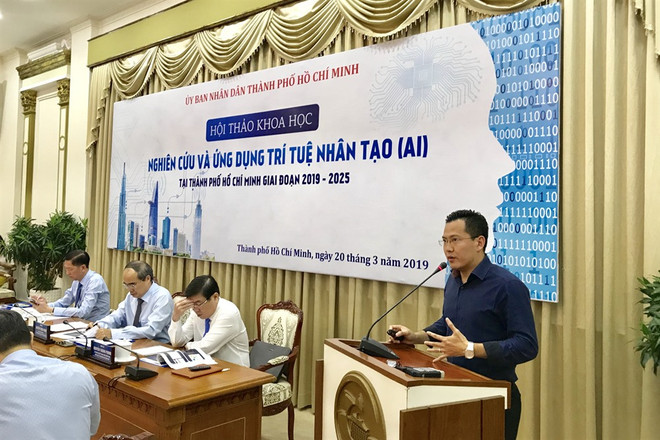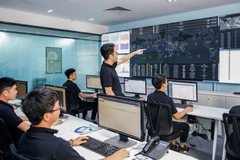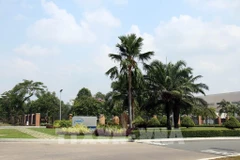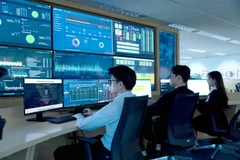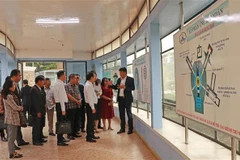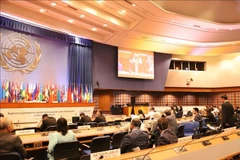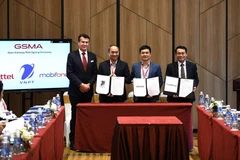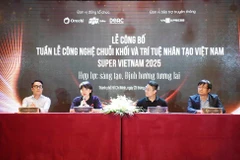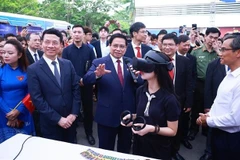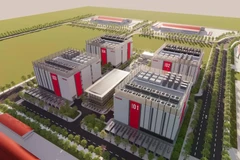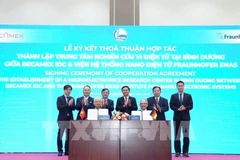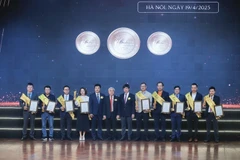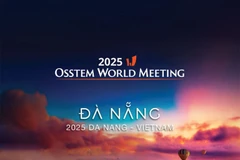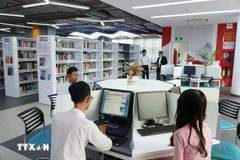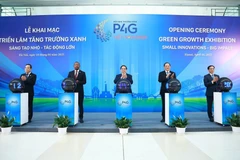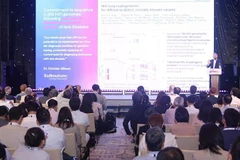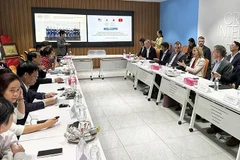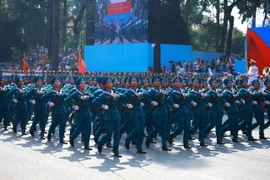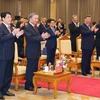Though HCM City has applied AI technologies in anumber of sectors, it lags behind other cities in the world in AI research andtraining, Phong told a seminar on AI research and application on March 20, elaboratingthat the city lacks AI experts, scientists and policymakers.
Phong said the city should catch up with theglobal trend of AI. Such efforts include investment in training skilled workersand building an open-source database, he said.
In addition, training in the field remainslimited because of a lack of funding, he said, adding that both State andbusiness investments are badly needed.
Although HCM City has paid great attention toAI, the city lacks a staff capable of accessing AI research at the globallevel, Phong noted.
Linkages between the state, enterprises,scientists and investors should also be promoted, the chairman suggested.
AI is being used in many fields, includingtransport, public security, production, finance and e-commerce, amongothers.
Prof. Ho Tu Bao, of the Vietnam Institute forAdvanced Study in Mathematics, said the city should build a digitalinfrastructure, issue incentive policies to encourage enterprises to apply AI,and improve human resources in AI.
It also needs to speed up e-government and builda data sharing system for the city, he added.
A survey of 500 Vietnamese firms conducted lastyear by Vietnam Report found that only 13.6 percent of the firms had investedin AI in production and business.
More than 18 percent said they were studying themodel and 18.2 percent had plans for investment in the coming two to threeyears.
However, nearly 50 percent of the surveyedcompanies had not developed plans for AI investment, according to thesurvey.
Speaking at the seminar, Dr Vu Hai Quan, Deputy Directorof the Vietnam National University-HCM City, quoted Russian President VladimirPutin as saying a nation that leads in AI “will be the ruler of the world”.
Quan said the city should focus on applying AIin healthcare, transport, automation, national defence and robotics.
AI as well as big data, cloud computing andmachine learning are all important. With big data, people will be able to“teach” machines to provide analyses based on AI through the cloud platform.
The most important breakthroughs in AItechnology are being made in the fields of image and speech recognition as wellas natural language processing, he said.
“Take the increasing rate of cancer deaths in Vietnam,for example. With enough data, computers with artificial brains could help usdetect cancer in the early stage,” he said.
Tran Minh Triet, vice dean of HCM CityUniversity of Technology, said that HCM City should focus on developing humanresources, setting up open databases, and expanding connections between HCMCity universities and international institutions to tap into the global wellsof knowledge.
He said it was vital to form AI research groupsin areas such as market, data, application deployment, training and basicresearch.
Experts have also recommended that AI scientistsand experts build a strong network of AI think tanks in the city.
The meeting was organised by the People’sCommittee in cooperation with the city’s Department of Information andCommunications and Department of Science and Technology.
This was the first workshop in a series of threeworkshops to be held this year within the framework of the project “Building anArtificial Intelligence Ecosystem in HCM City” in the 2019 -2025 period.-VNA
